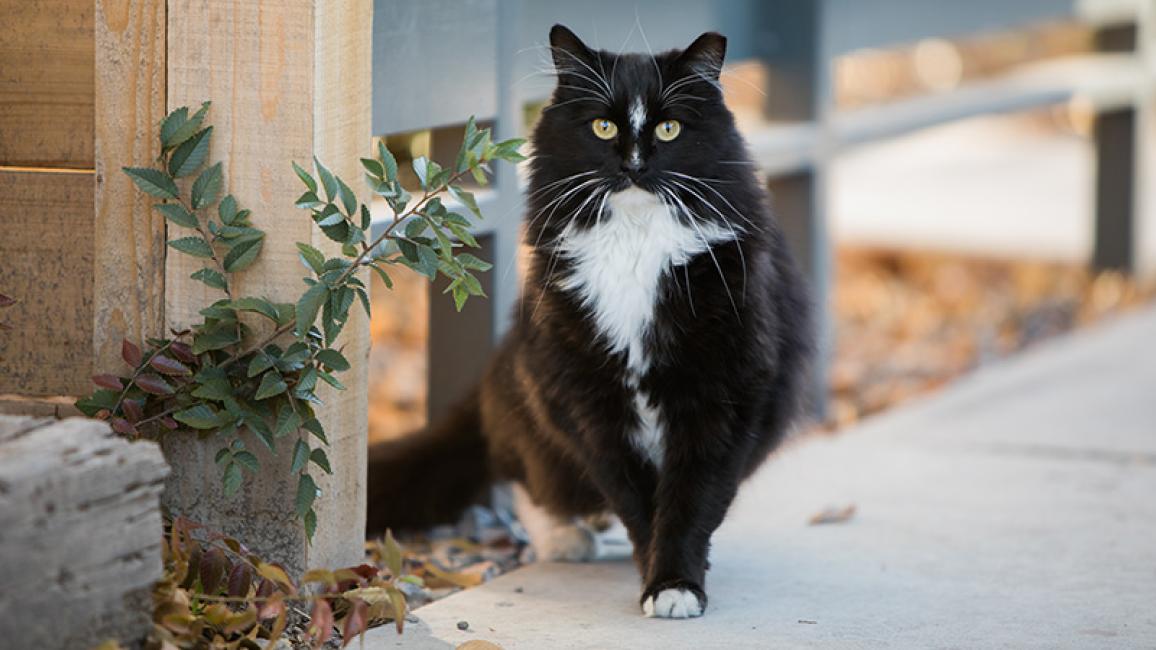The road to no-kill in Georgia is paved with cat lifesaving and a robust coalition

A year ago, the state of Georgia was on a top five list that no state relishes being on. It was one of the five states that accounted for more than 50% of the dogs and cats killed in animal shelters nationwide. Today, Georgia has crept out of that top five spot, reducing the number of dogs and cats dying in its shelters by 30% from 2018 to 2019.
While Georgia still has a long road to travel to achieve its no-kill goal, the stage is set for a lifesaving domino effect in animal shelters throughout the state. How quickly those dominoes fall depends on how swiftly the state can save its feline friends. Like the national data picture, 69% of the animals dying unnecessarily in Georgia shelters are cats. So, for this critical state to maintain its lifesaving trajectory, local animal welfare organizations and advocates need to replicate proven programs that responsibly support cats living in the community and keep them out of shelters.
Early in 2019, Best Friends established that type of model in Hall County, thanks to the critical support of some forward-thinking county commissioners. If you want a good look at the nuts and bolts of implementing effective local programming to save animals’ lives, check out this presentation to Hall County commissioners from February 2019 and the proclamation to adopt Best Friends’ recommendations that was unanimously approved as a result.
So, how did it go? In 2018, more than 3,100 cats entered Hall County’s animal shelter and only 46% of those cats were saved. In 2019, thanks to the new programming, around 1,100 fewer cats entered the shelter and the cat save rate skyrocketed to 82% — in just one year. This same model is now being replicated in Chatham County, another linchpin area for the state’s no-kill progress.
One key factor for Georgia is that efforts to save dogs and cats statewide are anchored by the Georgia Animal Shelter Alliance. Having a coalition of lifesaving partners throughout the state makes it possible to collect critical data, identify major gaps in programming and resources, set goals and monitor progress. Having this backbone alliance in place is central to Georgia’s past and future progress for animal welfare.
LifeLine Animal Project, led by the industrious Rebecca Guinn, is a steering committee member for the alliance and was one of the first organizations to challenge the outdated animal sheltering system in Atlanta. Since 2002, LifeLine has been working tirelessly to reimagine sheltering and create a culture of compassionate lifesaving in the community. The organization has saved tens of thousands of lives and continues to innovate and collaborate to help both pets and people in the Southeast.
While big states with major human populations like California, Texas and Florida capture much of our lifesaving attention, states like Georgia and North Carolina are essential focal points in the national no-kill conversation. All eyes will be on these critical community-minded states led by powerhouse coalitions as we barrel toward achieving no-kill nationwide by 2025.
